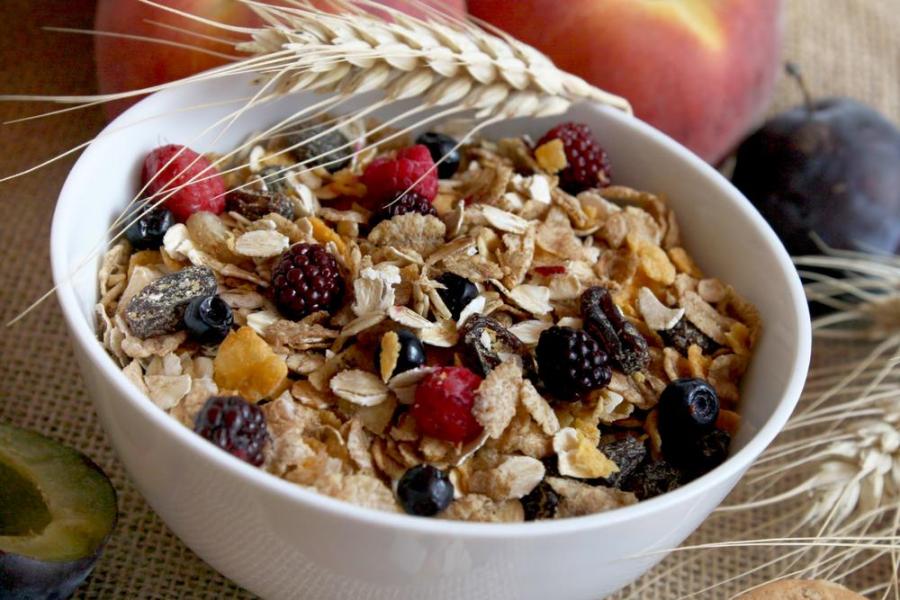
Why We Need Fiber in Our Diet
It is common for doctors and nutritionists to mention the need for fiber in a daily diet. While we may understand that it is important for our health, we may not necessarily understand why.
What is Fiber, and Where is it Found?
Fiber, while very good for the body, is something that cannot actually be absorbed. All whole grains, legumes, vegetables, and fruits contain fiber that helps us stay full and feel satisfied after eating. Insoluble fiber, which is found in whole-wheat flour products as well as nuts and vegetables, helps promote a better digestive system by adding bulk to stools, which makes the stool easier to pass throughout the body. Soluble fibers are found in oats, legumes, peas, apples, carrots, and some citrus. These specific fibers can slow down the absorption of food, which allows the body to stay energized and full feeling for longer.
What is the Daily Recommended Fiber Intake?
According to the American Diabetic Association, the average American needs to intake between 20 and 35 grams of fiber per day in order to promote healthy digestion. Most people do not consume this much fiber in a day. It is reported that the average American takes in 14 to 15 grams of natural fiber per day, far less than the recommended intake. Fiber that comes from unprocessed foods are the healthiest.
Fiber is a Super Food
By adding high-fiber items to your diet, you can greatly reduce the risk of health problems and start maintaining a better lifestyle. The list of reasons why fiber is helpful includes, but is not limited to:
- Fiber can reduce the risk of colorectal cancer and contributions to the digestive system by helping to create healthy stools.
- Fiber from whole grains and vegetables can protect against breast cancer.
- High-fiber diets can prevent diabetes . This is because fiber increases insulin sensitivity.
- Foods that are rich in fiber, such as nuts and grains, can help prevent diverticulosis. Diverticulosis is the creation of intestinal pouches in the colon, which can prevent stool movement. By eating a fiber-rich diet you can ensure that your digestive tract remains smooth.
- Fiber from roughage foods such as strawberry seeds and wheat bran promotes regular bowel movements by actively pushing things along in the large intestine. This also protects against constipation.
- Fiber that comes from kidney beans forms a gummy substance, which lowers blood cholesterol and keeps glucose levels normal. This is helpful in the prevention of heart disease and type 2 diabetes .
Form a Fiber-Friendly Diet
It’s easy to form a fiber-friendly diet. Add two to three servings of vegetables and fruits every day to add the daily recommended dose of fiber to your diet. You should also eat plenty of beans and whole grains, which are rich in both insoluble and soluble fibers. Lower the amount of unfriendly fibers such as white carbohydrates in your diet by replacing them with fruits and vegetables. This will improve the health of your digestive tract, bowel movements, glucose levels, insulin moderation, and blood sugar sustainability through an increased intake of fiber.




